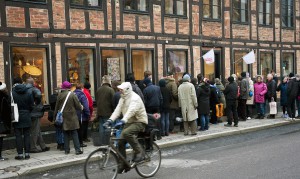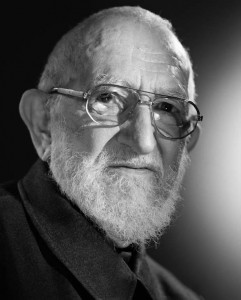 Emmaus Lund is not associated with any religious or political organization. We believe in equality between all, no matter religion, sex or origin. Our main goal is to work with, and for, the most vulnerable and exposed people in Lund.
Emmaus Lund is not associated with any religious or political organization. We believe in equality between all, no matter religion, sex or origin. Our main goal is to work with, and for, the most vulnerable and exposed people in Lund.
Profit generated in our second hand shops is donated to organizations specializing in charity. In addition, we offer help with job training in association with Arbetsförmedlingen, the Swedish public employment service.
Opening hours:
Weekdays 11:00 – 18:00
Saturdays 11:00 – 14:00
We are grateful for your donations and you are most welcome to leave them directly in our shop. They help us to generate an aid used exclusively in Lund. If you are unable to transport the items you would like to donate, we can provide transportation. It is of course free of charge and we can usually arrange a pick-up within a week.
You can call us at 046-272 65 55 or use the contact form found here.
All donations are welcome: clothing, footwear, textiles, books, CDs and DVDs, decor items, toys, kitchen utensils, electronics and furniture. We have, due to limited space, sometimes difficulties in accommodating large pieces of furniture, such as beds, sofas and pianos. If you have something like that you want to donate, please contact us first.
 The Emmaus movement is world wide and started in France in the late 1940´s by Henri Grouès, more known as Abbé Pierre. After the war he started a grassroots movement together with people who had lost everything, as well as privileged persons who wished to be socially responsible in an unjust world. Here Emmaus’ special approach of combining reuse with solidarity was born. In the winter of 1954, when homeless people in Paris literally froze to death, he held a radio speech and asked a newspaper to publish a call for help. The response was overwhelming and thousands of blankets, clothes and stoves were donated by the Parisians. A new charity organization had been born. Today Emmaus exists in many countries around the globe, in different forms, but all with the same goal: One should not only alleviate poverty, but strive to eliminate its causes.
The Emmaus movement is world wide and started in France in the late 1940´s by Henri Grouès, more known as Abbé Pierre. After the war he started a grassroots movement together with people who had lost everything, as well as privileged persons who wished to be socially responsible in an unjust world. Here Emmaus’ special approach of combining reuse with solidarity was born. In the winter of 1954, when homeless people in Paris literally froze to death, he held a radio speech and asked a newspaper to publish a call for help. The response was overwhelming and thousands of blankets, clothes and stoves were donated by the Parisians. A new charity organization had been born. Today Emmaus exists in many countries around the globe, in different forms, but all with the same goal: One should not only alleviate poverty, but strive to eliminate its causes.

